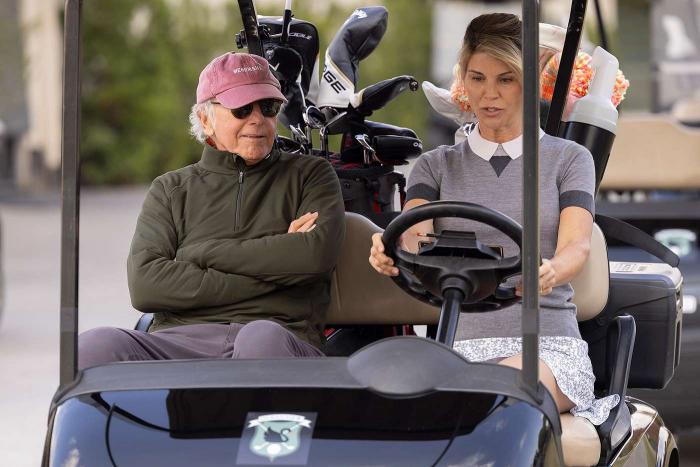

If You're in Marketing or Advertising, Kill Yourself
By Dustin Rowles | Film | March 17, 2010 |
By Dustin Rowles | Film | March 17, 2010 |
There’s not a lot to say about this documentary. If you liked Bill Hicks, you’ll like the documentary. If you didn’t like Bill Hicks, kill yourself (also, you won’t like this documentary). And if you have no idea who Bill Hicks is, check out these clips (no, really, they are fucking hilarious and true and awesome in every sense of the word). If you like them, I’d recommend American: The Bill Hicks Story as a decent primer on his material, since half of the documentary consists of clips of his stand-up routine:
If you liked that first clip, then Hi! You’re reading the right site and I hope you expressed the proper outrage that it also brought up a Jeff Achmed clip on YouTube’s related videos.
American: The Bill Hicks Story is little more, really, than a lot of Bill Hicks’s best routines interspersed with the story of his life. For better or worse, his material was much more interesting than his short existence on Earth (he passed away from cancer at the young age of 32). He had an average middle-class upbringing; he started stand-up young (he was on stage by the time he was 15); he severely abused drugs and alcohol for a number of years; he cleaned up; and he never got the mainstream acceptance that he deserved. It’s not exactly surprising, really, since his material often alienated that very mainstream America he was trying to win over.
That narrative portion of the documentary is told primarily through the use of old photos, weirdly photo-shopped into an odd slideshow collage that supplement voice-over confessionals from his family and his close friends, most of whom were also stand-up comedians. They seem like very nice people.
I wish I could offer a more substantive review than this. Bill Hicks, however, is a man whose work spoke for itself. I’d love to think that he was simply way ahead of his time, but his act would likely be just as roundly rejected by mainstream American today as it was 20 years ago. Maybe even moreso. He spoke truth to power; unfortunately, the power wasn’t listening. But a lot of us were, and his commentary — delivered via a stand-up routine — was formative and engendered in an entire generation a healthy skepticism of fear-and-greed based marketing, politics, and culture.

Lori Loughlin Pokes Fun of Her College Admissions Scandal on 'Curb Your Enthusiasm'
Jon Stewart Forcefully Makes the Case Against the Former President's Patriotism
Is The Royal Family Trying to Make It Look Like Kate Middleton’s Dead?
What’s Old Is New Again: Old Hollywood Glamour Glitters at the 2024 Oscars
Al Pacino Presents Best Picture Oscar, Confuses Everyone
The Dangerous Lie Of 'TradWives'
More Like This
Al Pacino Presents Best Picture Oscar, Confuses Everyone
Kyle Mooney's Horror-Comedy 'Y2K' Goes Too Hard on Kyle Mooney's Sense of Humor
'Imaginary' Almost Sucks
Box Office Report: Kung Fu Sandworms
The 2024 Oscars Were Great Right Up Until the End
Reviews